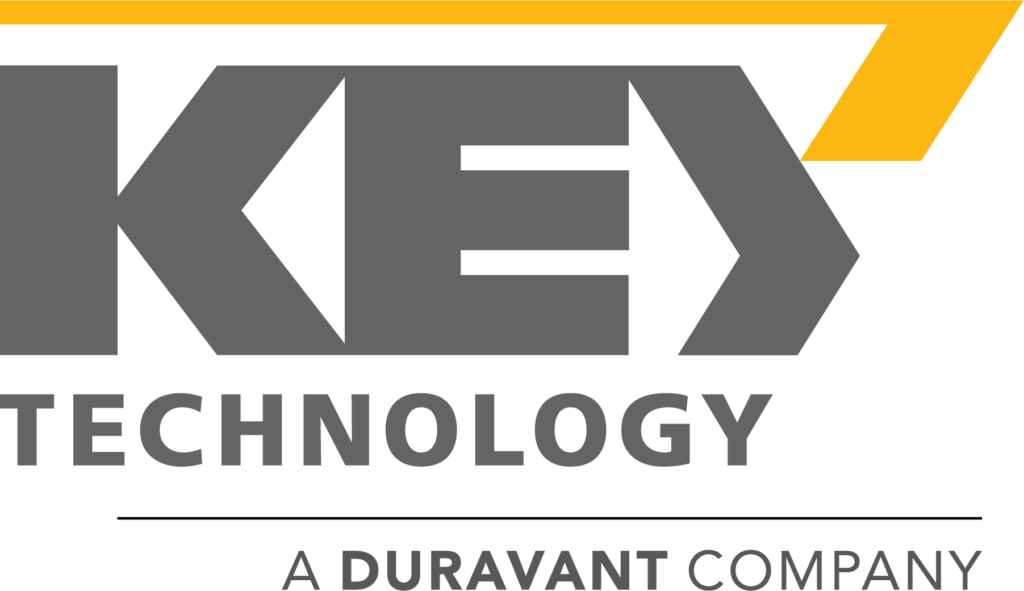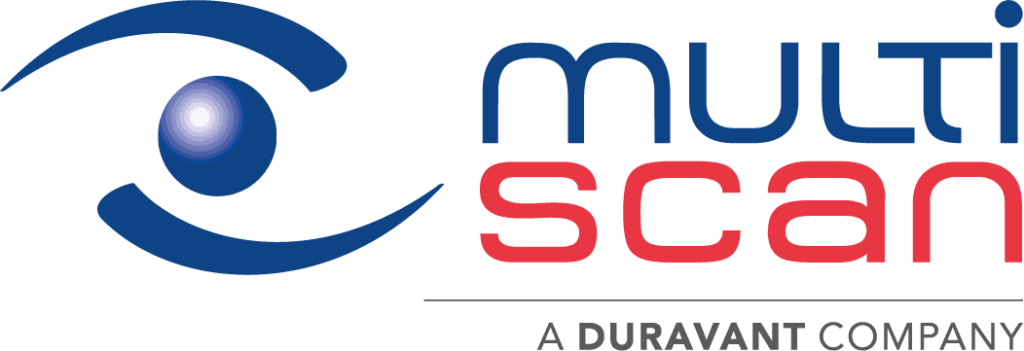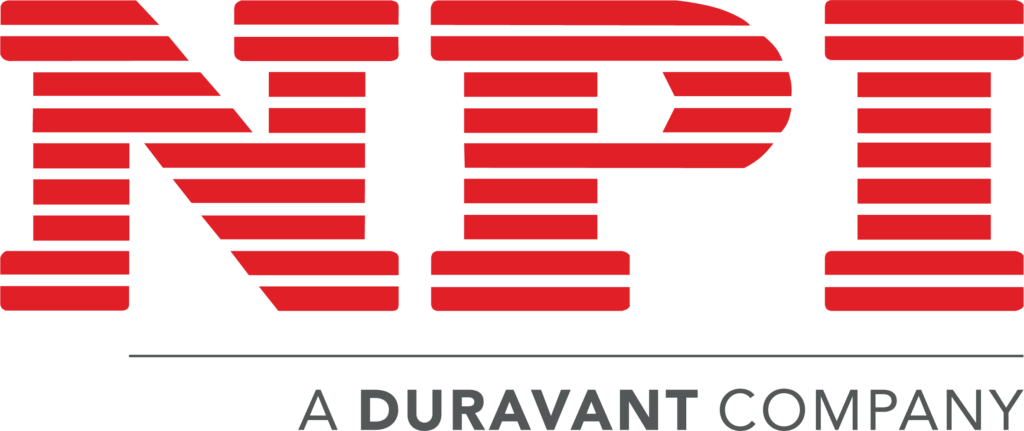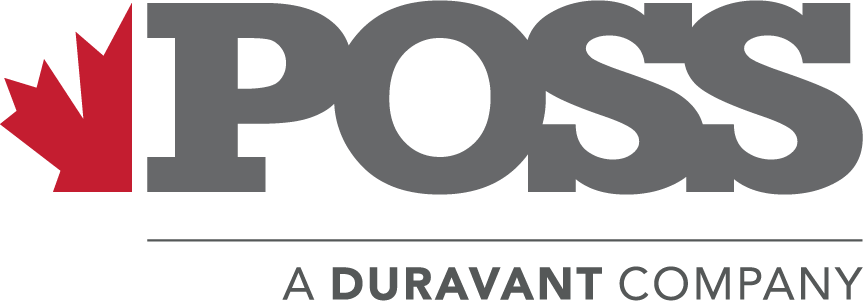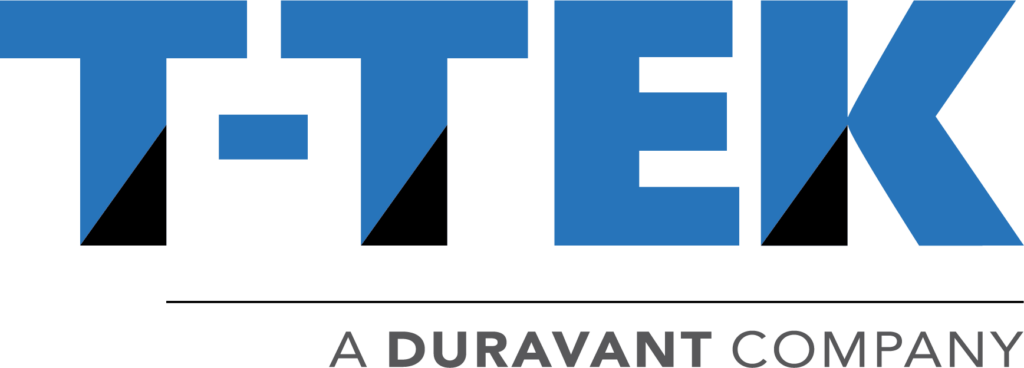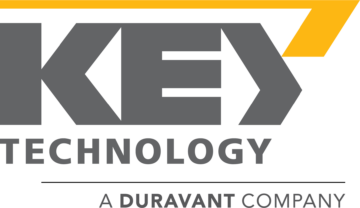The Duravant family of operating companies serve the food processing, packaging and material handling segments.
Training at a Glance
January 2023
Well-trained workers are essential for a successful food processing plant. Processors can optimize equipment performance and help ensure workplace safety by providing personnel with the best training for operating and servicing their systems. Live demonstrations on actual machinery and hands-on, interactive learning bring courses to life and reinforce takeaways.
Training at a Glance
Our SupportPro Technical Trainers offer extensive on-site training for a variety of Key equipment. Each of our certified trainers bring a great deal of mechanical expertise to equip customers with the confidence to interact with their machines in both operating and maintenance capacities. Knowledge is power, and a well-trained crew improves performance, minimizes downtime, reduces employee turnover and protects worker safety.
Optical Sorter Training – Operation
Operator training includes a classroom presentation followed by hands-on training at the sorter. The hands-on portion starts with a machine walkaround and discussion of the functional areas and components. Trainees are taught to navigate the user interface (UI), which includes logging into the sorter and adjusting recipes. They are then asked to demonstrate what they have learned so the trainer can confirm their understanding of the material. After every training, there is ample time for more questions, reiterations, and/or one-on-one training.
Optical Sorter Training – Maintenance
Our optical sorter maintenance training consist of classroom presentation with an emphasis on maintenance functions. Once the classroom presentation is complete, the hands-on training begins at the machine. Maintenance personnel need to know how the sorter operates, as well as how to repair it, sometimes on the fly. Everything from component locations to replacement of items such as air valves and electronic boards are discussed, as well as proper sanitation and preventative maintenance. Depending on the state of production, many items can be ‘replaced’, giving trainees the opportunity to practice actual resolution of failed parts. Spare parts kits are looked over with maintenance personnel to ensure they have what they need on hand. Time at the end is dedicated to answering any follow-up questions.
Conveyor Training – Operation and Maintenance
For customers who need to learn how to operate and maintain our vibratory, horizontal-motion, and belt conveyors, we offer a course comprised of a classroom presentation followed by hands-on training at the conveyor. Tuning, operation, and maintenance are discussed, as needed, as well as sanitation and preventative maintenance. Trainees are taught to keep their conveyors in tune, clean, and operating with top efficiency. As always, the trainer is available after the course to answer any questions or to review items the trainees would like to discuss in more depth.
Help Desk Success
Customer: John B San Filippo
Location: Gustine, California, USA
System: Optyx Raptor 6795Check the actual RPM and stroke
Challenge: Top laser imaging problem
On October 24, 2022, the customer called our 24/7 helpdesk to report that images on the UI were showing high amounts of “speckling”, which was degrading sort performance. He reached one of our helpdesk technicians who immediately began troubleshooting. Based on initial information he received, the technician suggested that the customer remove the laser window to inspect the mirrors in the mirror box, and the scanner window for cleanliness.
Further inspection revealed that the “speckling” was white, which was indicative of electronic noise. The technician recommended that the customer swap the camera link cables between the 2 video splitters to see if the problem moved the other camera. It did – this demonstrated that the video splitter itself was bad. The customer had a new video splitter in their parts inventory, which they used to replace the old splitter.
Customer issue resolved.
Total time from call to resolution – less than 30 minutes.
Meet the Team
Now, we’re turning the spotlight on our Technical Training Instructor, Brian Dale.
Brain joined the Key Support Pro Service Group as the primary technical trainer in July 2018 – right at harvest ramp-up for many of our customers and the busy season for our team. Brian came at a pivotal time, as our latest optical sorter, VERYX, was moving out of the field testing phase and into full production and widespread deployment. He immediately jumped into learning the new system, and today he is one of our VERYX experts.
Speaking of “deployment”, this is not Brian’s first career. In a previous life, Brian served 20 years in the U.S. Navy as an Airborne Electronic Warfare (EW) Avionics Technician. As an EW technician, Brian maintained, troubleshot, and operated electronic warfare systems on the EA-6B Prowler aircraft.
Additionally, Brian spent 6 years as an electronic warfare instructor leading to qualification as Master Training Specialist. After retiring from the Navy, Brian spent three years with the Army as a defense contractor in South Korea, instructing helicopter and fixed wing aircrews in missile defense.
With Brian’s impressive background and expertise, we were eager to have him join our team. During his time at Key, Brian has installed, maintained, troubleshot, repaired, and provide valuable training for the Key Support Pro Service Group and our customers. When not on the road at a customer location, Brian is busy developing new content, revising current content, providing technical support, and helping with other various projects.
We asked Brian three questions. Here are his responses:
How did you hear about Key?
“I applied through a talent recruiting company, even though I didn’t know where Walla Walla was actually located!”
How did your naval career and specialty prepare you for your role at Key?
“It taught me how to work with trainees on an individual level while in a classroom environment. I also learned the importance of ensuring the customer is confident to approach normal operation or resolving issues with complex systems after the training is complete.”
You went from electronic warfare systems to food processing systems – what are the similarities and differences in the work that keep you interested?
“Each have a certain level of complexity with both software and electronics. When I am troubleshooting a sorter, I don’t view it as a whole machine, but instead I focus on each subsystem. This is the same approach I use when training customers or Key technicians. Key Technology employees many military veterans, especially in the service group. The training they receive and expertise they develop in their respective technical specialties prepare them well for servicing our customer’s unique needs.”
We are thankful to have Brian “aboard”. He is a valuable member of the service team, not only because of his technical expertise – he also bring a great sense of humor and service-before-self attitude that help make our department such a great place to work.

